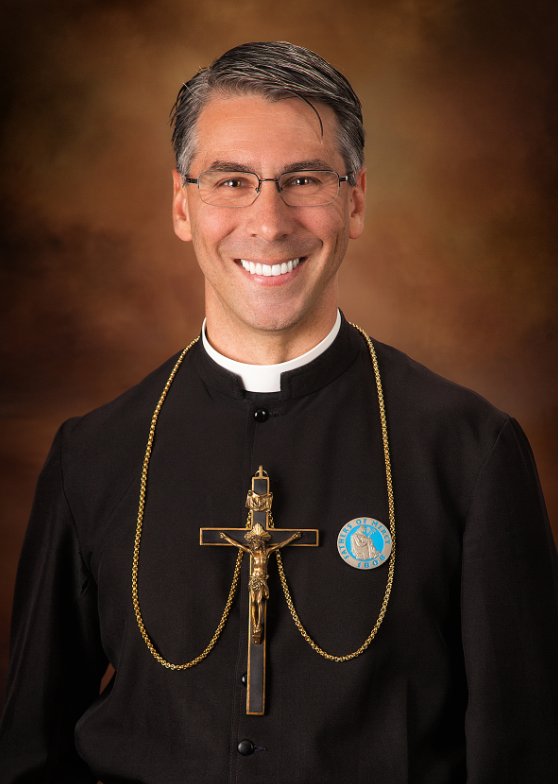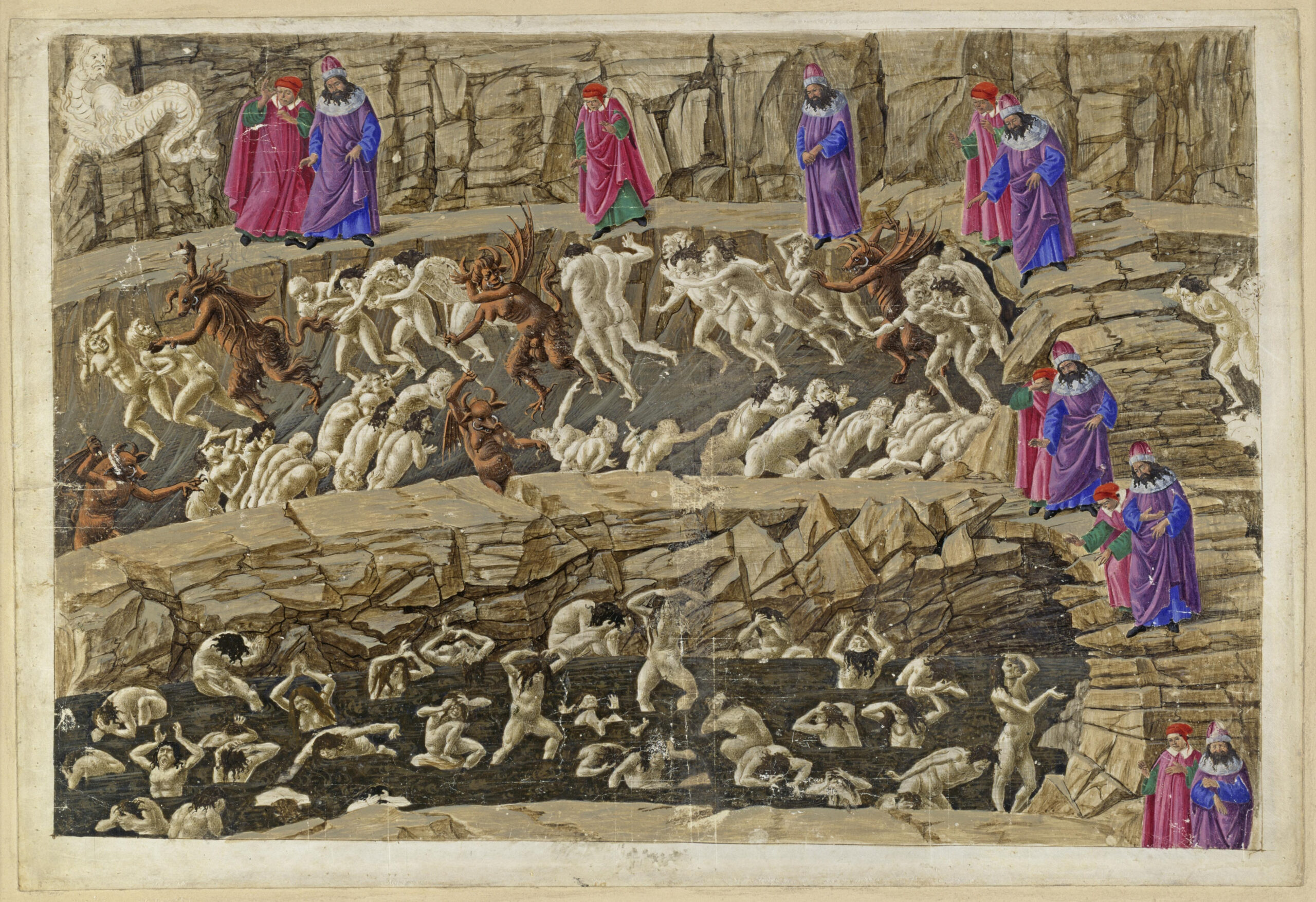Confession is one of the single greatest weapons against the diabolic. In these excerpts, taken from Spiritual Warfare and Divine Mercy, Fr. Ken Garci, CPM discusses the power of confession, its potency as a weapon against the diabolic, its spiritual effects, and noteworthy quotes attesting to the importance of this sacrament.
The Power Of Confession
Fr. Gabriele Amorth served as an exorcist and then the chief exorcist of Rome from 1986 until his death in 2016. For thirty years, Father Amorth performed over seventy thousand exorcisms. In many of his writings, interviews, and books, he spoke of the immense power of the sacrament of confession. In one interview, he explained that in some cases of possession, a thorough sacramental confession is enough to liberate a person from the control of the devil.
A Weapon Against The Diabolic
Though we touched on the sacrament of confession in the last chapter, it merits a chapter of its own because it is one of the single greatest weapons against the diabolic. A sacramental confession frees the sinner from the hands of the devil and immerses him in the love of God. At every confession, the fullness of the graces of Christ’s sacrifice on Calvary is poured out on each individual soul; it is as if Christ died for you, and you alone.
Satan, however, tempts us to deny responsibility for our sins, or even worse, presume that God is not offended by them. Our only defense is to take responsibility for our sins and throw ourselves at the feet of our merciful Savior. The only weapon that can defeat the prince of darkness is light; to overturn a kingdom ruled by pride, we need humility. Prior to your confession, you will need to examine your conscience. Even though you may be overtly aware of a grave sin that is prominent in your life, it is worthwhile to read through an examination of conscience pamphlet to see what else might be associated with that sin, or what other areas you have been failing in.
The Spiritual Effects Of A Good Confession
The Catechism of the Catholic Church (CCC 1496) tells us the spiritual effects of a good confession:
- Reconciliation with God by which the penitent recovers grace
- Reconciliation with the Church
- Remission of the eternal punishment incurred by mortal sins
- Remission, at least in part, of temporal punishments resulting from sin
- Peace and serenity of conscience, and spiritual consolation
- An increase of spiritual strength for the Christian battle
Confession requires repentance, or sorrow for sin, resolve to change, and the commitment to avoid the near occasion of sin. This is why Saint John Chrysostom once said, “Leading a person to a moral conversion is a greater miracle than raising a person from the dead.” What does he mean by this? To raise a person from the dead is, in a sense, really not that difficult. All one must do is ask God to do it. If it is God’s will, God will send the soul back into the body of the deceased, heal what lead to death in the first place, and turn everything “back on.” However, a moral conversion requires one with courage to speak the truth and one with humility to receive it. In addition, there is the spiritual battle going on, meaning the diabolic is working overtime to disrupt the reception of the truth. Though this is an oversimplification of both processes, it gives us a broad understanding of how much more complex is moral conversion.
Quotes On The Importance Of Conversion And Repentance
Here are several quotes emphasizing the importance of conversion and repentance:
Just so, I tell you, there will be more joy in heaven over one sinner who repents than over ninety-nine righteous persons who need no repentance. (Lk 15:7)
Christ instituted the sacrament of Penance for all sinful members of his Church: above all for those who, since Baptism, have fallen into grave sin, and have thus lost their baptismal grace and wounded ecclesial communion. It is to them that the sacrament of Penance offers a new possibility to convert and to recover the grace of justification. The Fathers of the Church present this sacrament as “the second plank [of salvation] after the shipwreck which is the loss of grace. (CCC 1446)
Today the Lord said to me, Daughter, when you go to confession, to this fountain of My mercy, the Blood and Water which came forth from My Heart always flows down upon your soul and ennobles it. Every time you go to confession, immerse yourself in My mercy, with great trust, so that I may pour the bounty of My grace upon your soul. When you approach the confessional, know this, that I Myself am waiting there for you. I am only hidden by the priest, but I myself act in your soul. Here the misery of the soul meets the God of mercy. Tell souls that from this fount of mercy souls draw graces solely with the vessel of trust. If their trust is great, there is no limit to My generosity. The torrents of grace inundate humble souls. The proud remain always in poverty and misery, because My grace turns away from them to humble souls. (Diary 1602)
ooo
This article is taken from a chapter in Spiritual Warfare and Divine Mercy by Fr. Ken Geraci, CPM which is available from TAN Books.









